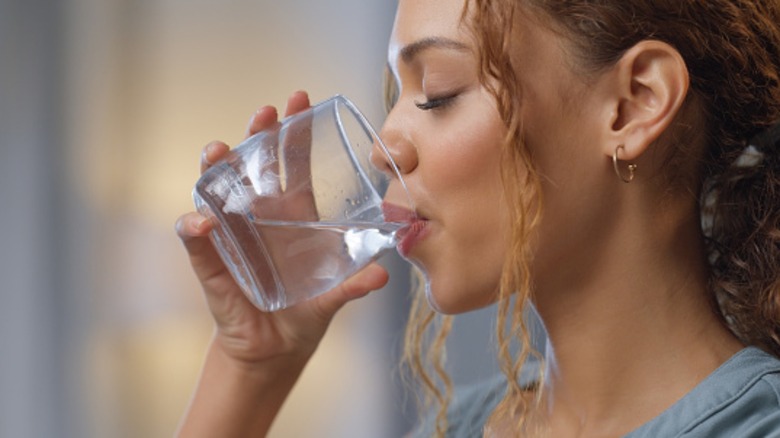Water, the elixir of life, plays a fundamental role in maintaining our health and well-being. As the human body is composed of approximately 60% water, hydration is not merely a matter of quenching our thirst; it is a cornerstone of optimal bodily function.
In this article, we’ll explore the critical importance of hydration, the signs of dehydration, and practical tips for ensuring that your body receives the hydration it needs for peak performance.
The Importance of Hydration:
- Cellular Function: Water is essential for the proper functioning of cells, acting as a medium for various biochemical reactions. Adequate hydration ensures that cells receive the nutrients they need and helps eliminate waste products.
- Temperature Regulation: Sweating is the body’s natural cooling mechanism, and water is crucial for this process. Hydration helps regulate body temperature, preventing overheating during physical activity or exposure to high temperatures.
- Joint Lubrication: Proper hydration helps maintain the lubrication of joints, reducing the risk of injuries and promoting overall joint health.
- Nutrient Transport: Water serves as a transport medium for essential nutrients, carrying them throughout the body and facilitating their absorption.
- Cognitive Function: Dehydration can impair cognitive function, affecting concentration, alertness, and overall mental clarity. Staying adequately hydrated is key to supporting optimal brain function.
Signs of Dehydration:
- Thirst: The most obvious sign that your body needs more water is the sensation of thirst. Pay attention to your body’s signals and drink water regularly throughout the day.
- Dark Urine: Dark yellow urine is a sign of concentrated waste products. In a well-hydrated state, urine should be pale yellow.
- Fatigue: Dehydration can lead to feelings of fatigue and low energy levels. If you find yourself dragging through the day, consider increasing your water intake.
- Dizziness and Lightheadedness: Insufficient hydration can cause a drop in blood pressure, leading to dizziness and lightheadedness.
- Dry Skin and Lips: Dehydration often manifests as dry skin and chapped lips. Moisturizers can help externally, but internal hydration is equally crucial.
Practical Hydration Tips:
- Set a Water Intake Goal: Aim to drink a specific amount of water each day, such as 8 glasses or more, depending on factors like age, weight, and physical activity level.
- Carry a Reusable Water Bottle: Keep a water bottle with you throughout the day to make it convenient to sip water regularly.
- Infuse Your Water: Add natural flavors to your water by infusing it with fruits, herbs, or cucumber, making hydration more enjoyable.
- Monitor Your Urine Color: Use the color of your urine as a visual indicator of your hydration status. Aim for a pale yellow color.
- Hydrate Before, During, and After Exercise: Intense physical activity increases the body’s water needs. Stay hydrated by drinking water before, during, and after exercise.
Conclusion
Hydration is not just a health recommendation; it is a fundamental requirement for the body’s optimal functioning.
By recognizing the signs of dehydration and adopting practical hydration habits, we can ensure that our bodies receive the essential fluid they need for overall well-being.
Make hydration a priority in your daily routine, and watch as your body responds with increased vitality, energy, and resilience.

Leave feedback about this